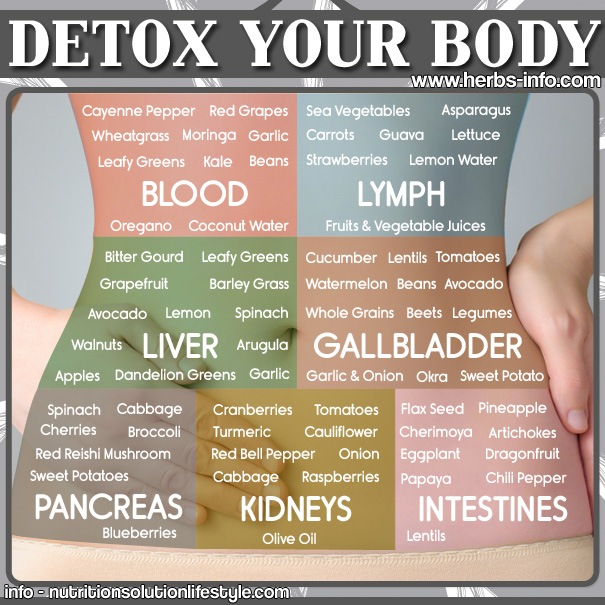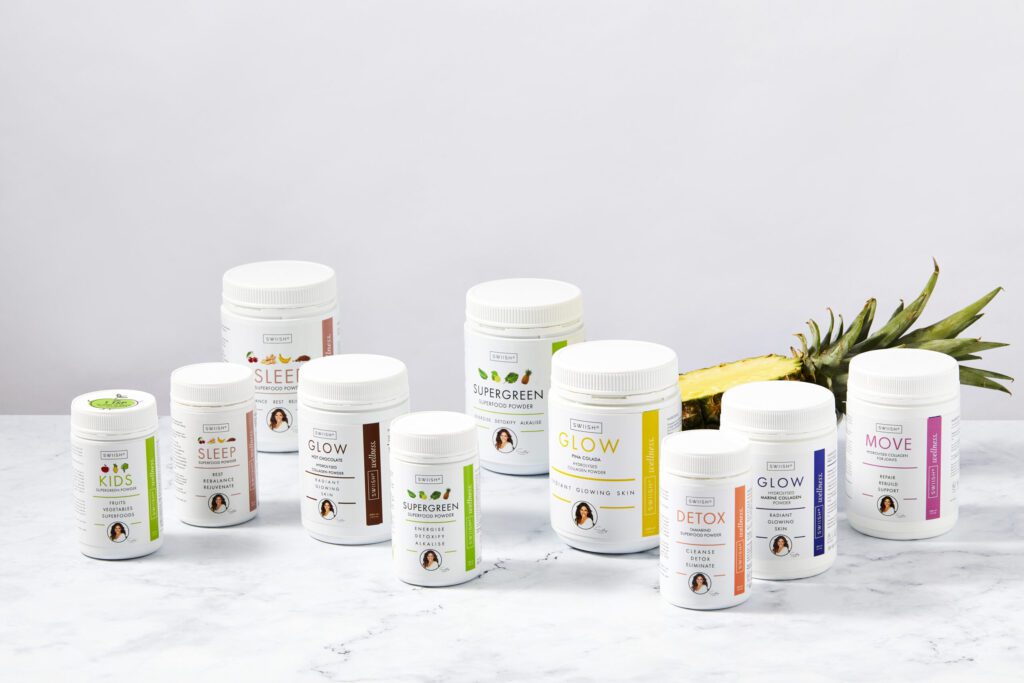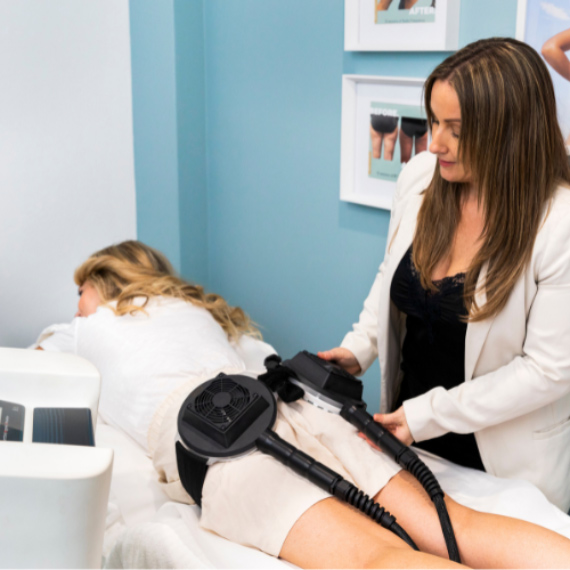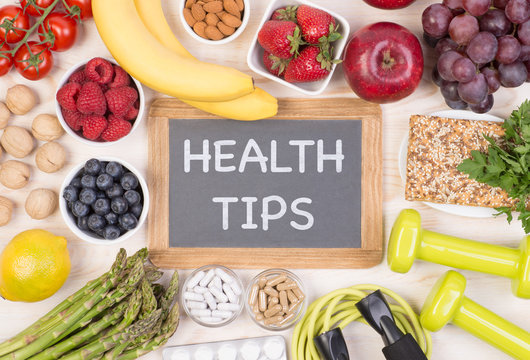
R U OK? Featuring Mental Health Nutrition

At Body Catalyst we know how important the conversation is around RU OK day, and checking in with those around us to see how they are feeling.
R U OK? Featuring Mental Health Nutrition
At Body Catalyst we know how important the conversation is around RU OK day, and checking in with those around us to see how they are feeling. These are challenging times and it’s more important now than ever to stay connected.
We checked in with one of our Nutritionists, Courtney Grey, who has an interest in nutrition and lifestyle for mental health, to provide us with her top points to focus on tomorrow and beyond, for both ourselves and those around us.
Routine
For our Melbourne friends who are in lockdown, our thoughts are with them as they navigate the current stay at home orders and restrictions. Life in Sydney has also been affected and we have a ‘new normal’. Establishing and sticking to a daily routine helps to ensure that we feel a little more ‘on top of things’. Regular sleep patterns, daily exercise, meal breaks, and time set aside for communicating with family and friends is very important. Everyone’s routine looks different, but coming up with a daily plan that works for you, can help you to feel more productive and positive.
Supportive communication
Asking open-ended questions of others and holding space for how they are feeling is important. Sometimes it’s hard to do, but asking: “tell me more about how you feel about that?” or “I’d love to hear about how you’ve been doing, how have you been feeling lately?” and “I’m listening”, rather than “it will all be okay” and “this will pass”. People often feel a world of better when they feel like they can just voice or offload all of their concerns or feelings – even if nobody has any answers.
Healthy eating
We receive all of our building blocks for our neurotransmitters and hormones (that ensure that we feel mentally ‘well’) from our food. It’s hard sometimes when we are feeling down, depressed, or anxious, to feel hungry, or to ensure that we have access to food to eat. Small and easily prepared foods and meals are the best during this time, rather than trying to cook full meals that can feel overwhelming. Snackable fruits and vegetables in the fridge, boiled eggs, wraps, nuts and seeds, are all easy foods to have on hand that you can graze on when you can’t handle a full meal. Smoothies and liquid meals are also beneficial for those that have lost their appetite, to make sure that they are getting some nutrition in for their mental health. Yoghurts, protein powders, fresh juices, and smoothies are all great for this.
My favourite smoothie is a peanut butter green smoothie – milk of choice, frozen banana, peanut butter, oats, dates, and spinach. I like to add cacao nibs and matcha sometimes to mix it up. Try it, it’s delicious.
A quality daily multivitamin
Due to soil depletion, processing/freshness of food, or reduced food intake, sometimes we have a drop in our nutrition intake that can affect our energy levels and how well we feel. A daily multivitamin or loaded greens powder (such as Vital All-In-One) can help bump up your nutrient intake to support you through the daily grind. Ask your clinic nutritionist to recommend or prescribe you supplements that are right for you.
Checking in with your GP
Testing for common deficiencies that can relate to low moods can help to rule out any underlying reasons that you might be feeling less than happy. Vitamin D, B12, and iron, for example, have roles in energy production and mental wellbeing. If you think you might be concerned about any nutrient deficiencies, it’s worth having a check-up with your doctor and discussing symptoms and how you have been feeling. If you require any further psychological support, mental health plans and medicare rebates have been extended from 10 rebated sessions per year, to 20, due to COVID-19.
Exercise
Exercise releases endorphins – feel-good hormones that activate the body’s opioid receptors. The benefits of keeping active can’t be underestimated, but sometimes this is hard when the days pass quickly, or when we are working from home and become chained to a desk. Choose exercise or a source of movement that you enjoy and find achievable – if you don’t look forward to it, you won’t do it. Trust me.
Did you know our therapists are qualified nutritionists? If you would like some healthy eating advice or accountability around your diet, we’d love to help.










